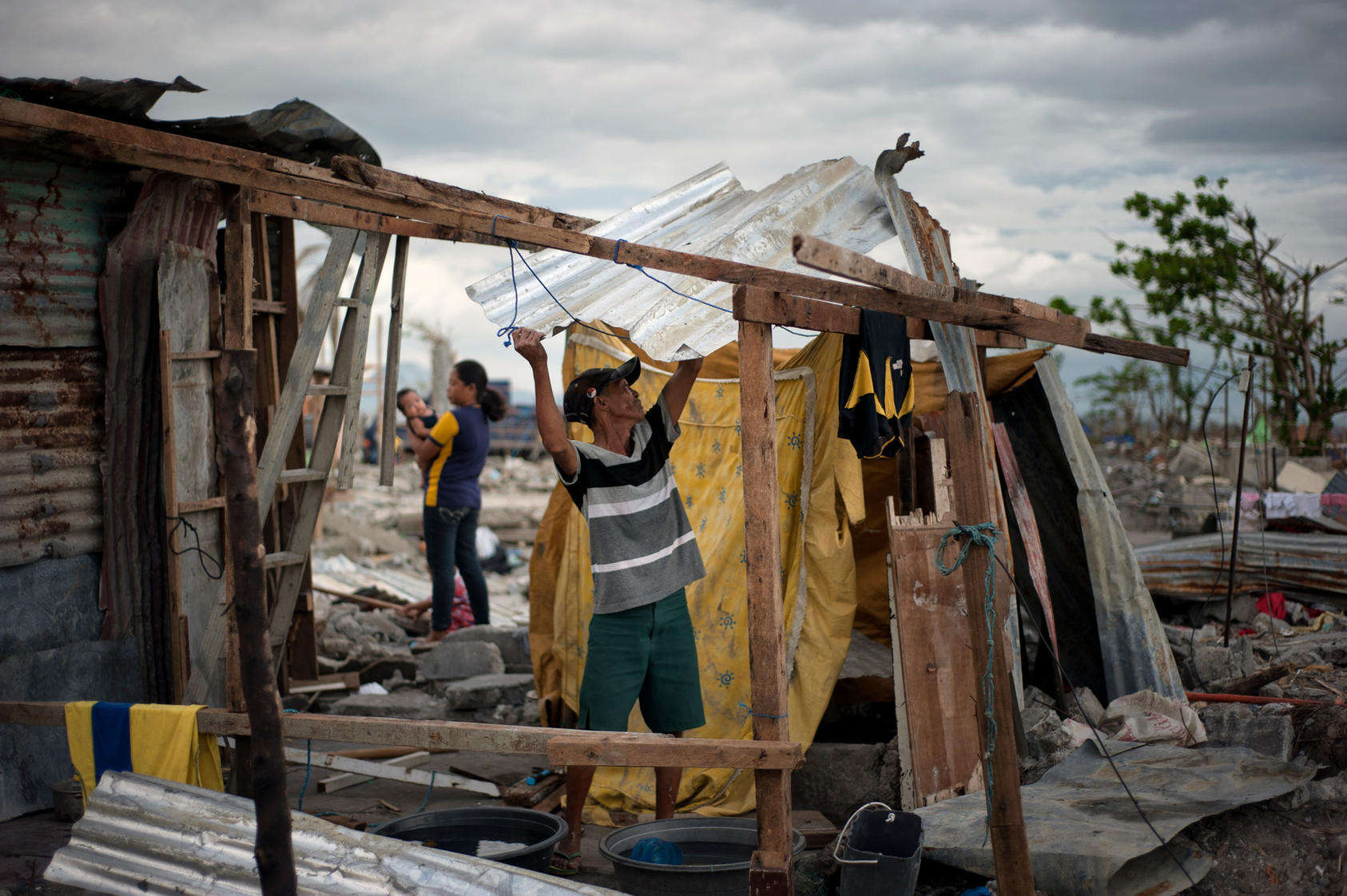For 130 Million People, a Need for Longer-Term Relief
More than 130 million people worldwide require humanitarian assistance to survive because of crises or disasters, including violent conflict, according to the United Nations. The World Humanitarian Summit in Istanbul in May focused on how development and humanitarian institutions can cooperate to bring meaningful change for the world's most vulnerable people. The discussion continued on November 14 with the U.S. Institute of Peace and leaders of the World Bank and the International Committee of the Red Cross, as they considered possible approaches such as flexible and multi-year funding, strengthening compliance with international humanitarian law, and working more closely with local communities.

Many violent conflicts have become chronic. In order to build sustainable peace, humanitarian relief must also contribute to or complement long-term development goals. While discussions at the World Humanitarian Summit raised meaningful questions about how humanitarian and development sectors are responding to protracted conflict, institutions are still trying to improve the response even as the needs grow more urgent.
This Conflict Prevention and Resolution Forum event looked at how the short-term needs of vulnerable communities, particularly the victims of war, can be met in ways that contribute to longer-term peacebuilding, development and rebuilding.
Speakers
Carla Koppell
Vice President, Center for Applied Conflict Transformation, U.S. Institute of Peace
Matt McGuire
U.S. Executive Director, World Bank
Hugo Slim
Head of Policy, International Committee of the Red Cross
Colin Bruce
Director, Africa Regional Integration, World Bank
Jeff Helsing
Associate Vice President, Center for Applied Conflict Transformation, U. S. Institute of Peace
Conflict Prevention and Resolution Forum
Since 1999, the Conflict Prevention and Resolution Forum (CPRF) has provided a monthly platform in Washington for highlighting innovative and constructive methods of conflict resolution. CPRF’s goals are to (1) provide information from a wide variety of perspectives; (2) explore possible solutions to complex conflicts; and (3) provide a secure venue for stakeholders from various disciplines to engage in cross-sector and multi-track problem-solving. The CPRF is traditionally hosted at SAIS and organized by the Conflict Management Program in conjunction with Search for Common Ground and is co-sponsored by a consortium of organizations that specialize in conflict resolution and/or public policy formulation.
Forum Principals
Search For Common Ground
Alliance for Peacebuilding
George Mason University – School for Conflict Analysis and Resolution
Georgetown University – Conflict Resolution Program
Johns Hopkins University – Nitze School of Advanced International Studies Conflict Management Program
Partners Global
United States Institute of Peace



